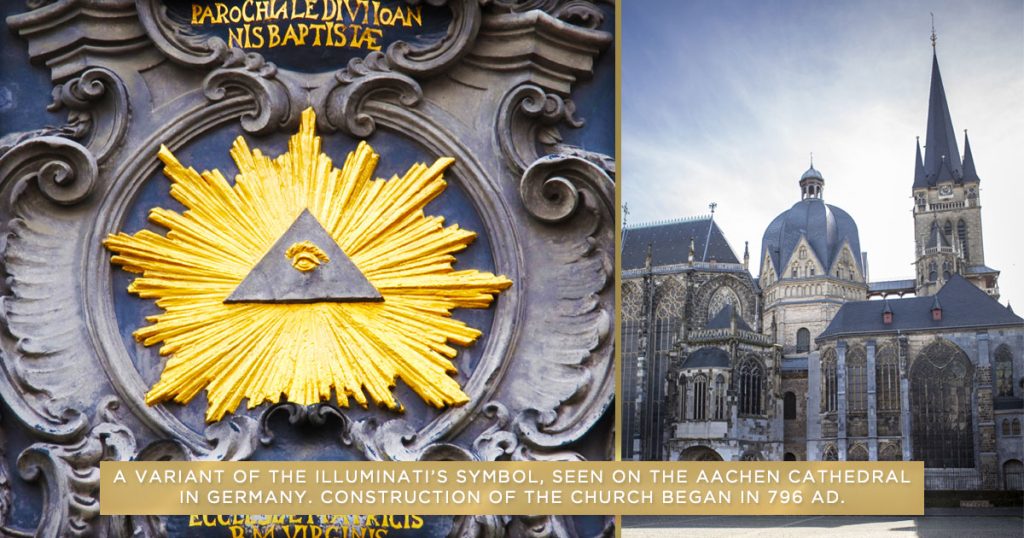Illuminati Official Website
Illuminati Brotherhood: A Path to Enlightenment or Conspiracy?
The Illuminati Brotherhood has long been the subject of fascination, intrigue, and controversy.
Is it a sacred fraternity dedicated to personal growth and enlightenment, or is it merely a product of conspiracy theories claiming global domination?
This article explores both perspectives, separating fact from fiction, and examines the true essence of the Illuminati.
The Historical Illuminati: A Fraternity of Enlightenment
The Illuminati was founded in 1776 by Adam Weishaupt in Bavaria, Germany. Its original purpose was to promote Enlightenment ideals such as reason, liberty, and justice while opposing religious dogma and state tyranny.
The group operated as a secret society with structured hierarchies and symbolic rituals, aiming to foster intellectual freedom among its members.
However, the Bavarian government disbanded the Illuminati in 1787 due to pressure from religious authorities. Despite its short-lived existence, the organization’s ideals of enlightenment and progress left a lasting impression on history.
The Illuminati Fraternity: Conspiracy Theories
Over time, myths about the Illuminati have transformed it into a symbol of shadowy global control.
Conspiracy theorists claim that the Illuminati manipulates governments, financial institutions, media, and even celebrities to establish a “New World Order”. Common beliefs include:
- Global Domination: Allegations that the Illuminati controls world events such as wars and economic crises.
- Celebrity Influence: Claims that celebrities like Beyoncé and Eminem are members who spread subliminal messages through their work.
- Symbolic Evidence: The use of symbols like the All-Seeing Eye and pyramids on currency or in popular media is often cited as proof of their existence.
Despite these claims, there is no credible evidence supporting the idea that the Illuminati survived beyond the 18th century or holds any modern-day influence.
Enlightenment vs. Conspiracy: What Does Membership Mean?
For those intrigued by the idea of joining the Illuminati Brotherhood, it’s essential to understand what membership truly entails.
While conspiracy theories paint it as a sinister cabal, proponents argue that it represents personal growth and collective progress.
A Path to Enlightenment
The historical Illuminati emphasized intellectual freedom, self-improvement, and unity. Modern interpretations of the fraternity often focus on these values rather than conspiracy-driven narratives. Joining such an organization could symbolize:
– Access to exclusive knowledge promoting intellectual growth.
– Networking opportunities with like-minded individuals.
– A commitment to philanthropy and societal progress.
A Product of Misconceptions
On the other hand, conspiracy theories have distorted public perceptions of the Illuminati. These unfounded claims often serve as scapegoats for complex global issues or as tools for promoting fear and misinformation.
Why People Are Drawn to the Illuminati?
The enduring appeal of the Illuminati lies in its dual nature—both as a symbol of enlightenment and as a mysterious entity shrouded in secrecy.
For some, it represents a pathway to higher knowledge and purpose; for others, it is a source of intrigue fueled by conspiracy theories. This fascination reflects humanity’s desire for connection to something greater than themselves.
Conclusion
The Illuminati Brotherhood remains one of history’s most captivating mysteries. Whether viewed as a path to enlightenment or dismissed as a conspiracy theory, its legacy continues to inspire curiosity and debate.
By understanding its historical roots and separating fact from fiction, we can appreciate its significance without falling prey to misinformation.
Ultimately, joining the Illuminati—if interpreted through its original ideals—could symbolize a commitment to intellectual freedom and personal growth.
However, one must approach claims about modern-day influence with skepticism and critical thinking.

